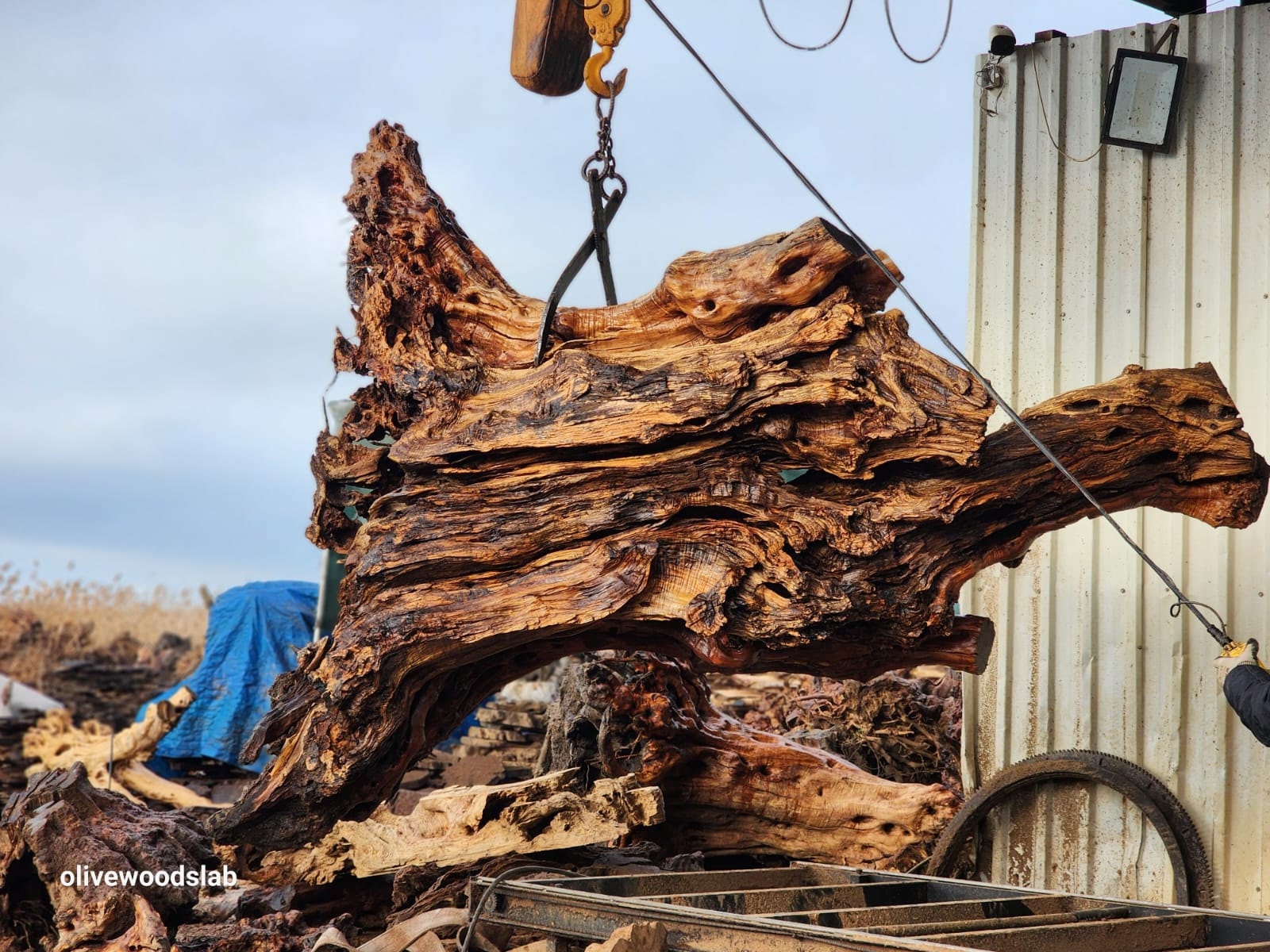The Olive Tree: The Immortal Witness of Civilizations
For thousands of years, the olive tree has held a significant place in human life. From myths to legends, artworks to sacred texts, the olive tree has been revered as a symbol of peace, wisdom, and immortality. But what lies behind the enduring presence of this magnificent tree, which has witnessed the rise and fall of civilizations? In this article, we will explore the cultural, historical, and environmental legacy of the olive tree in the lands where it has deeply rooted itself.
1. Origins and Historical Journey of the Olive Tree
The olive tree’s roots trace back to the Mediterranean region, where it is believed to have been cultivated about 6,000 years ago. Over time, it became an integral part of great civilizations such as the Greeks, Anatolians, and Romans, serving as a cornerstone of trade, agriculture, and daily life.
- Mythological Significance: In ancient Greek mythology, the olive tree was considered a gift from Athena, symbolizing peace and victory—a meaning still universally recognized today.
- Presence in Sacred Texts: The olive tree is mentioned in the Torah, Bible, and Quran as a symbol of wisdom, sanctity, and generosity.
2. Contributions of the Olive Tree to Nature and Humanity
a) Environmental Contributions
The olive tree is eco-friendly and contributes significantly to environmental sustainability:
- Protects the Soil: It prevents erosion and enhances soil fertility.
- Carbon Absorption: Olive trees are effective in reducing carbon emissions.
- Longevity and Resilience: With the ability to live for centuries, or even millennia, olive trees truly earn their title as "immortal."
b) Economic and Social Contributions
The olive tree not only benefits the environment but also adds immense value to human life:
- Olive Oil Production: A staple in healthy diets worldwide.
- Cultural Connections: Olive harvesting is a cherished tradition that brings communities together in many Mediterranean countries.
3. The Olive Tree in Modern Culture
Today, the olive tree continues to play a role in modern life:
- In Art and Design: The natural texture of olive wood is frequently used in furniture and decorative items.
- In Gastronomy: Olives and olive oil remain essential ingredients in global cuisine.
- In Ecotourism: Olive groves have become attractions for tourists seeking to connect with nature.
4. Lessons from the Olive Tree
The olive tree inspires humanity with its resilience and generosity:
- Patience and Long-Term Vision: Olive trees grow slowly but provide benefits for generations with their fruit and shade.
- A Symbol of Peace and Unity: The olive branch, universally recognized as a symbol of peace, remains a beacon of harmony and mutual understanding.
Conclusion: The Olive Tree, A Bridge Between Past and Future
The olive tree is a natural marvel that bridges the past and future with its deep roots and sprawling branches. Having witnessed the rise and fall of civilizations, this immortal tree is not just an agricultural treasure but also a profound life lesson.Every olive tree embodies peace, wisdom, and continuity. Looking at, learning about, and protecting this ancient tree means leaving a legacy of hope for future generations. “Through the quiet strength of the olive tree, we can gift both nature and humanity a better world.”
